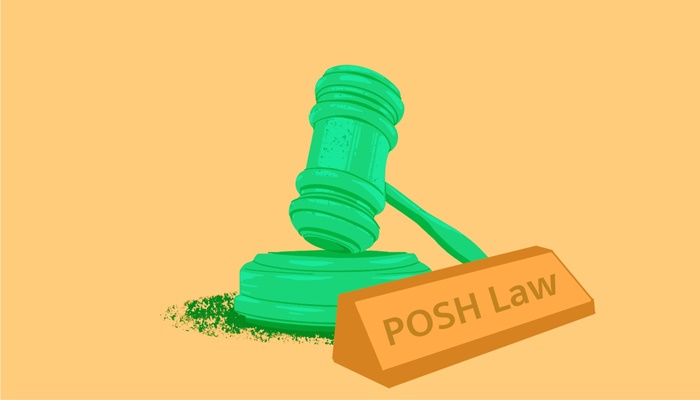Losing a job is a stressful, anxiety-inducing event. Recently, the focus has been placed on the thousands of federal workers who were separated from the payroll. Behind each layoff or firing, it’s a person grappling with an uprooted life. Job loss isn’t just a paycheck vanishing. It’s a storm that tests your emotional resilience, financial stability, and self-worth. The emotional impact of losing a job often mirrors the stages of grief, as outlined by Kubler-Ross: denial, anger, bargaining, depression, and acceptance.
Shock and disbelief are common initial reactions, followed by anger directed at employers or oneself. Grief emerges as individuals mourn the loss of routine, purpose, and professional relationships, which can lead to feelings of sadness and despair. Studies have shown that unemployment correlates with higher rates of depression and anxiety disorders. Between 70% and 90% of unemployed individuals experience severe mental health challenges, including feelings of low self-worth, according to the CDC.
What Happens
The axe falls, and the first wave is shock. There’s disbelief that a role you trusted could vanish. “I poured my heart into that place,” a worker might whisper, stung by loyalty unreturned. Anger surges next, focused on faceless executives, a faltering economy, or even yourself. Then comes grief and stress.
As weeks stretch on, sadness can deepen into despair, shadowed by shame. Some feel that unemployment equals failure. You now need to focus on paying the bills. For the many Americans tethered to paycheck-to-paycheck living, there’s no cushion to soften the fall. Severance, when it’s offered, may not last long enough if you hit some difficult periods.
Unfortunately, according to the recent BLS jobs report, the long-term unemployed (those jobless for 27 weeks or more), is at 1.5 million in March. The long-term unemployed accounted for 21.3 percent of all unemployed people. In the meantime, you can sign up and pay for COBRA, which provides temporary continuation of your employer-sponsored health insurance coverage.
Loss of Identity, Fear of the Unknown: Shadows of Tomorrow
Workers speak of feeling lost, as if their place in the world dissolved with their title. Self-esteem takes a hit. The longer the job hunt drags, the more doubt. “Am I still valuable?” You’ll miss the people you worked with, even the annoying ones.
Work weaves into who we are: “I’m a mechanic,” “I’m a nurse,” “I’m a designer.” A layoff cuts the cord, leaving you untethered. After years—or decades—building pride in a craft or team, the sudden silence is deafening.
Be prepared. Things have changed quickly. Automation and AI are reshaping industries. Older workers fret over age bias sidelining them. Each unanswered application fuels a gnawing worry: “Are my skills outdated? Am I unemployable?” Stress clouds the job hunt, stretching the ordeal, feeding more worry.
What You Should Do Now
It’s really easy to plummet into despair if you lose your job. You’ll experience anger, fear, anxiety, worry and resentment. This mindset is self-destructive. It will permeate all aspects of your life and erode your self-confidence. It’ll sap your drive and motivation. It’s hard to do, but you need to stop the negative thoughts.
Instead of keeping your job loss to yourself, it is essential that you leverage social media platforms, like LinkedIn and TikTok, to alert others that you are in need of assistance in procuring a new opportunity. To succeed in your job search and advance your career, you must surround yourself with a team to help you achieve your hopes and dreams. Instead of going it alone, seek out qualified recruiters, a career coach, résumé writer, mentor or sponsor.
Dust off your resume, polish your LinkedIn profile. Find a bridge job. This is a short-term in-between transitional position. These temporary gigs act as saving graces as you wait to jump back into your career. Bridge jobs are also seen as stepping stones for those looking to switch careers. They can be part-time, full-time, contract or freelance gigs, often offering more flexibility. You can use this time to figure out what you want to do next.
As you leave a role, handle the practicalities with care, review severance terms and consider legal advice if your compensation is complex. In exit interviews, resist the urge to vent. Always be positive and professional and preserve relationships that could lead to future opportunities.
Source – https://www.forbes.com/sites/jackkelly/2025/04/08/the-hidden-struggles-of-job-loss/






















